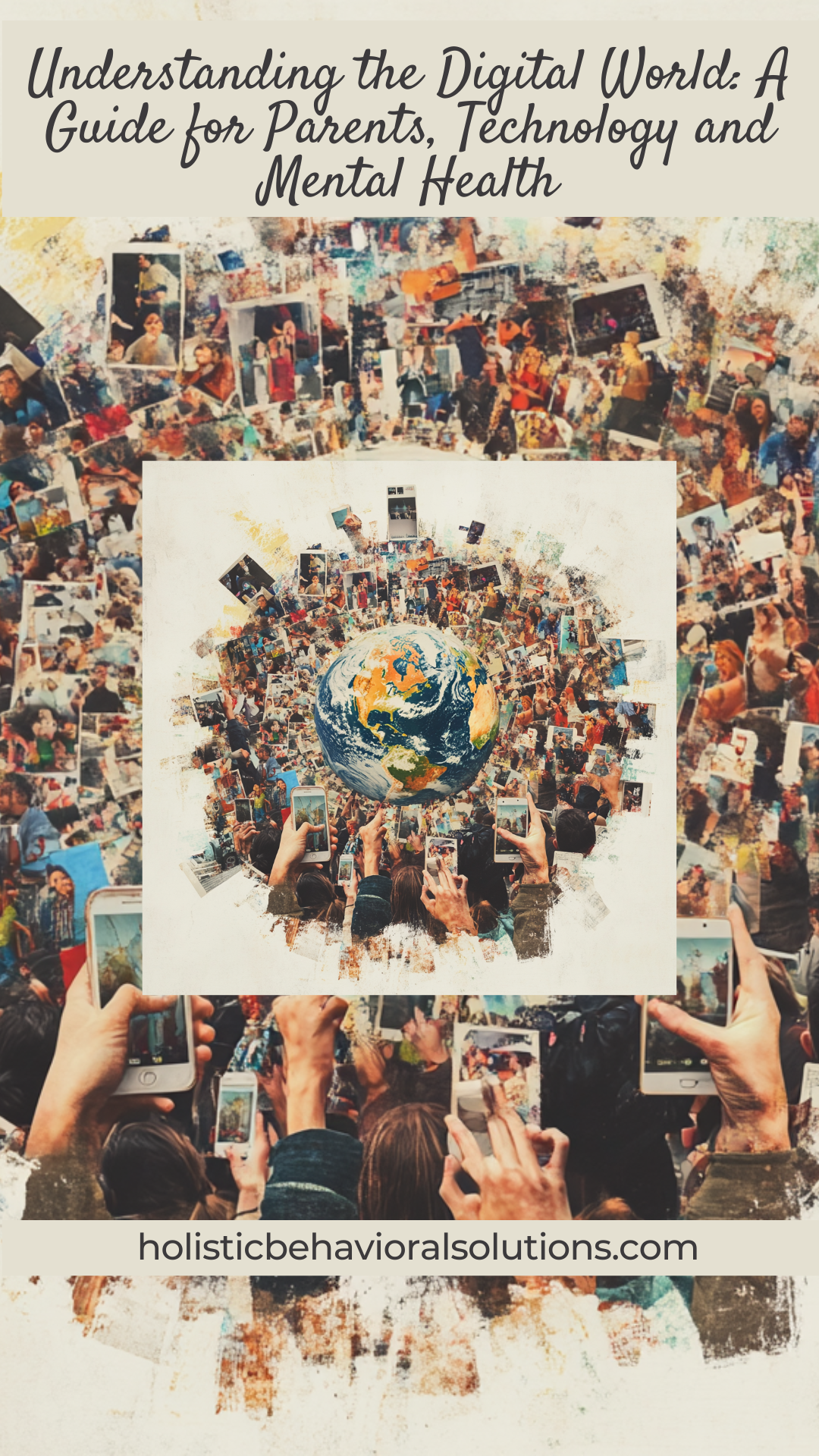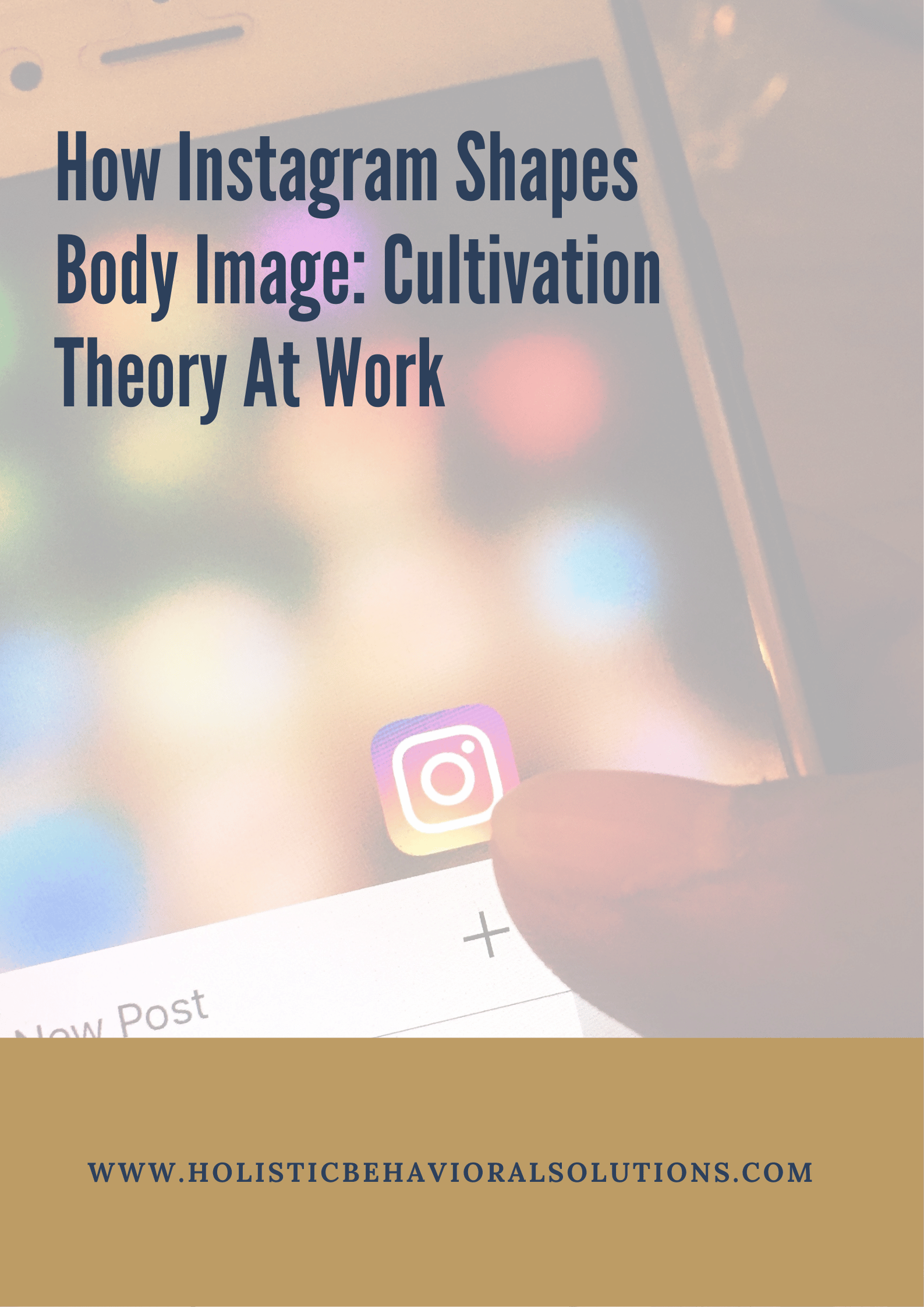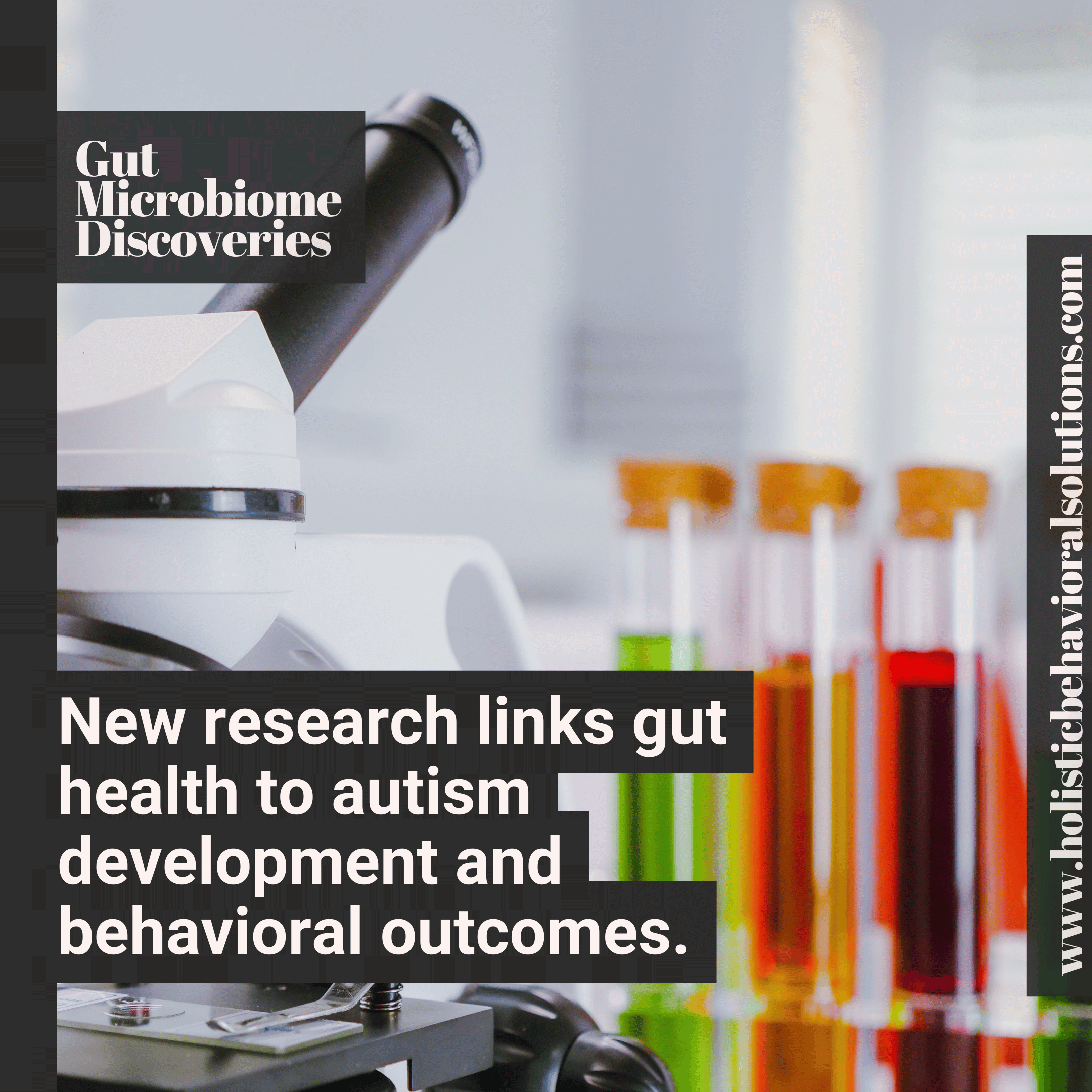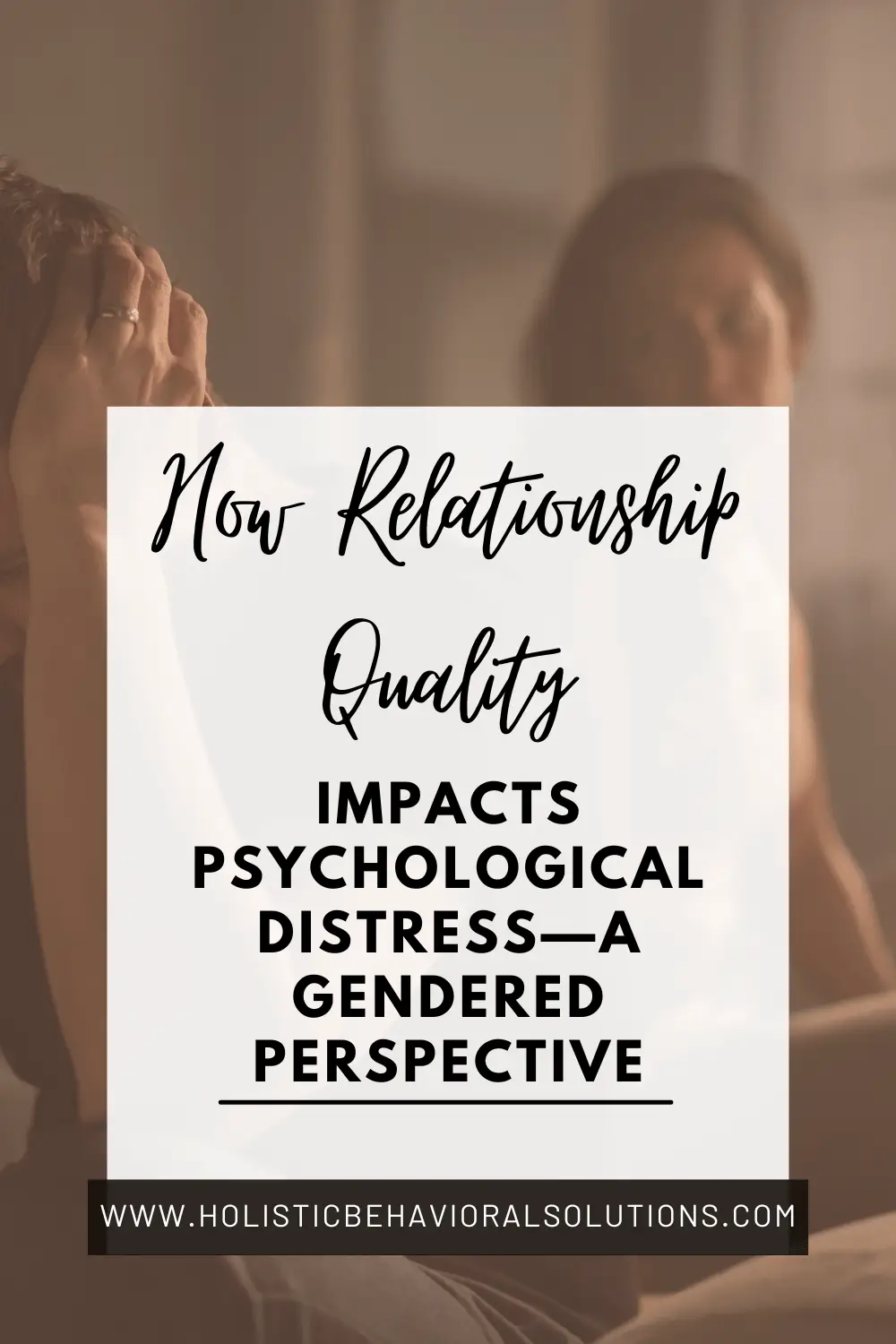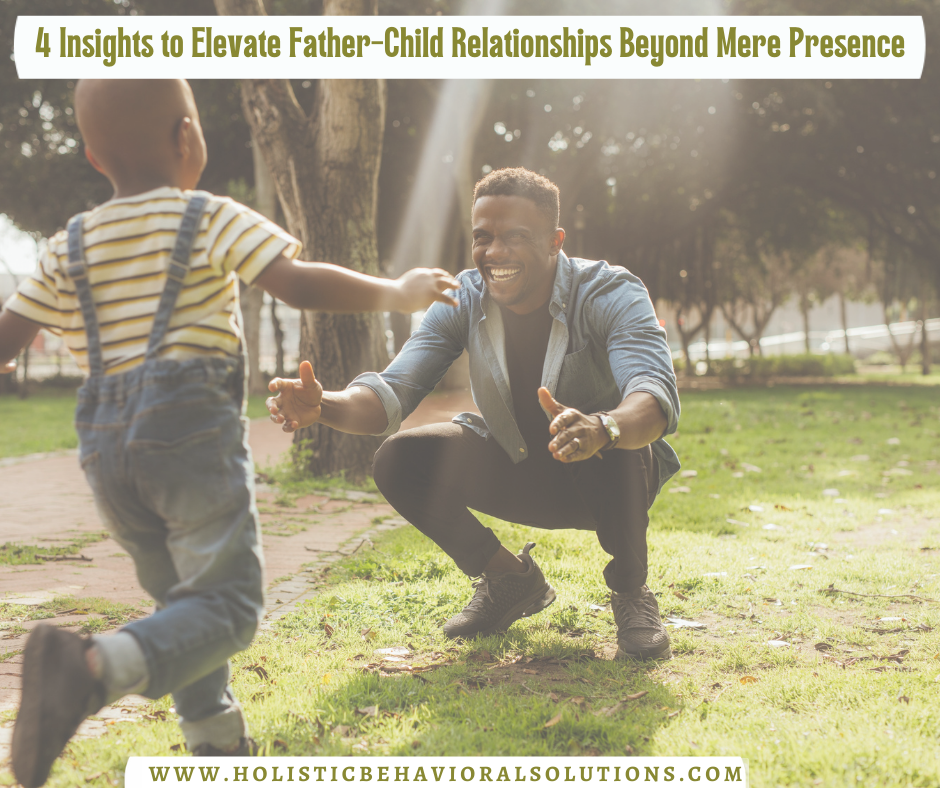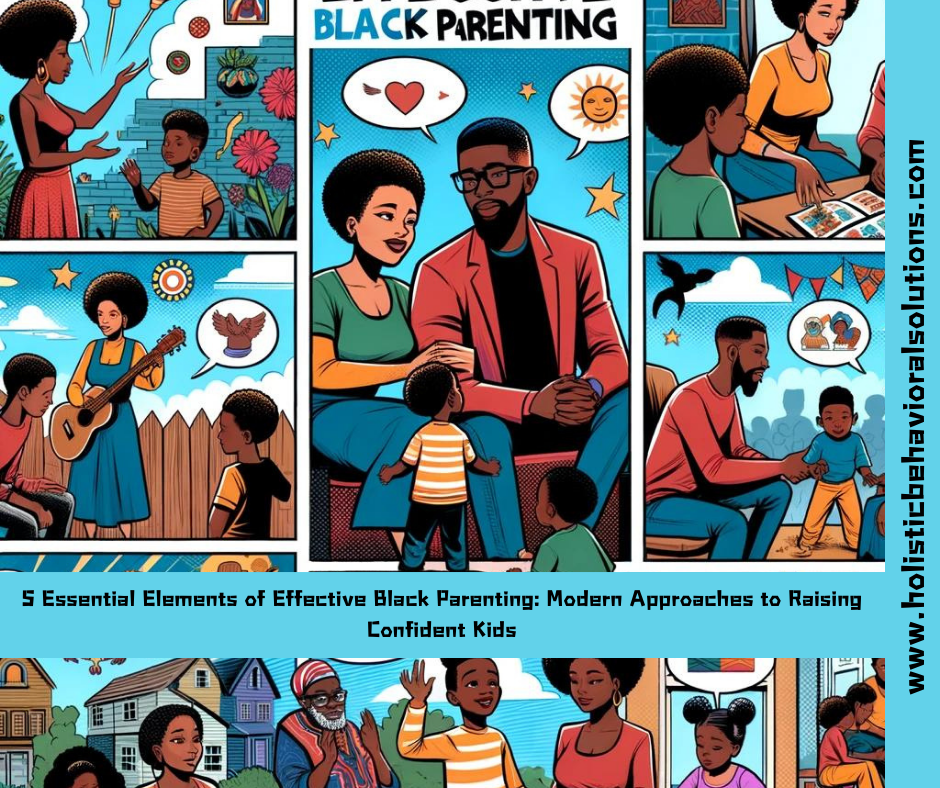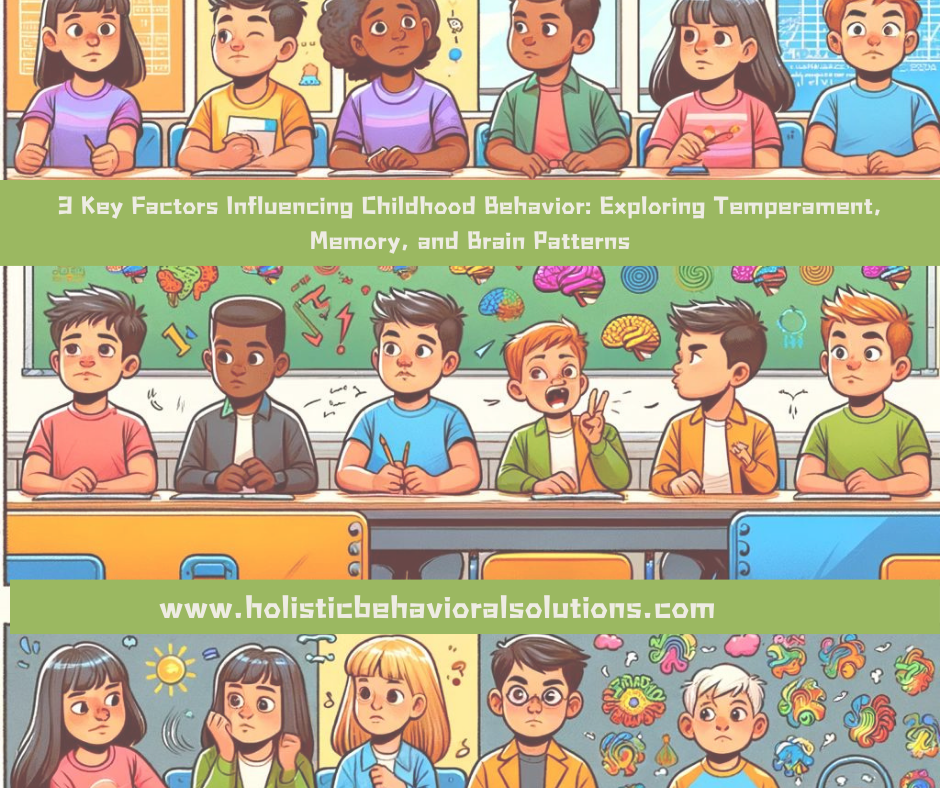Honoring Our Canine Companions: A National Dog Day Reflection
Love begets love. The therapeutic impact of pets, especially dogs, on human lives cannot be overstated. In moments of solitude or challenge, a dog’s non-judgmental, ever-loyal companionship can offer comfort and reassurance. Think back to moments of turmoil and the love and peace that flow from your dog. As we navigate the complexities of modern life, the simple, joyful presence of our canine companions reminds us of the fundamental values of companionship, empathy, and unconditional love.
Honoring Our Canine Companions: A National Dog Day Reflection Read Post »

